Are you considering a long-term lease but unsure where to start? Navigating the world of rental agreements can be daunting, especially when it comes to finding the perfect property and securing favorable terms. In this article, we will guide you through the essential steps to take when inquiring about a long-term lease, ensuring you feel confident and informed throughout the process. So, let's dive in and explore the ins and outs of long-term leasing!
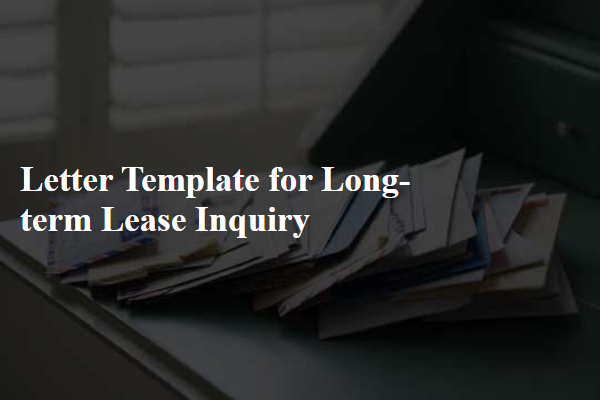
Contact Information (Tenant and Landlord)
Inquiring about a long-term lease involves key details concerning both tenant and landlord contact information. The tenant's name, phone number, email address, and current residential address (including city and postal code) are essential for establishing initial communication. Similarly, the landlord's name, business phone number, email address, and property management company name (if applicable) must be clearly noted. Additional context such as property address (including unit number and ZIP code), desired lease duration (12 months, 24 months), and specific requirements or preferences (pet policy, parking availability) enhance the clarity of the inquiry, facilitating a smoother interaction between both parties and ensuring all essential aspects of the lease agreement are addressed.
Subject Line and Greeting
For a long-term lease inquiry, the subject line could indicate intent and urgency, such as "Inquiry About Long-Term Lease Availability." A suitable greeting might be "Dear [Landlord's Name or Property Manager's Name]," ensuring a personal touch and respectful tone in professional communication.
Lease Duration and Specific Needs
Long-term lease agreements typically span over twelve months, providing stability for tenants and steady income for property owners. Specific needs may include desired lease terms, such as monthly rent amounts, property amenities like parking spaces, or maintenance responsibilities, which can significantly impact tenant satisfaction. Geographical preferences can also play a crucial role; urban areas like New York City or suburban regions may offer different lifestyle benefits and challenges. Additionally, understanding local housing laws, such as security deposit limits or tenant protection regulations, can help ensure a smooth leasing process.
Property Details and Location
Inquiring about a long-term lease for a charming two-bedroom apartment situated in the heart of downtown Portland, Oregon, known for its vibrant arts scene and diverse culinary offerings. The property, located on Northwest 23rd Avenue, boasts modern amenities including in-unit laundry facilities, stainless steel appliances, and spacious living areas. The surrounding neighborhood features several parks, coffee shops, and access to public transport like the MAX Light Rail, which connects residents to various parts of the city with ease. Additionally, the lease term desired is a minimum of 12 months, allowing for stability in an area with a strong sense of community and culture.
Inquiry for Terms and Conditions
Long-term lease agreements often require a thorough understanding of terms and conditions to ensure both parties fulfill their obligations. Important factors in these agreements include rental price, typically quoted per month, security deposit amounts which can be equivalent to one or two months' rent, and duration of the lease, commonly either 12 or 24 months. Additional stipulations might encompass maintenance responsibilities, often outlined in the contract, utilities coverage which can vary per property, and provisions for property alterations or improvements. Furthermore, notice periods for lease termination, usually ranging from 30 to 90 days prior to the lease end date, should be clearly defined to avoid confusion. Understanding these components is essential for a successful landlord-tenant relationship.

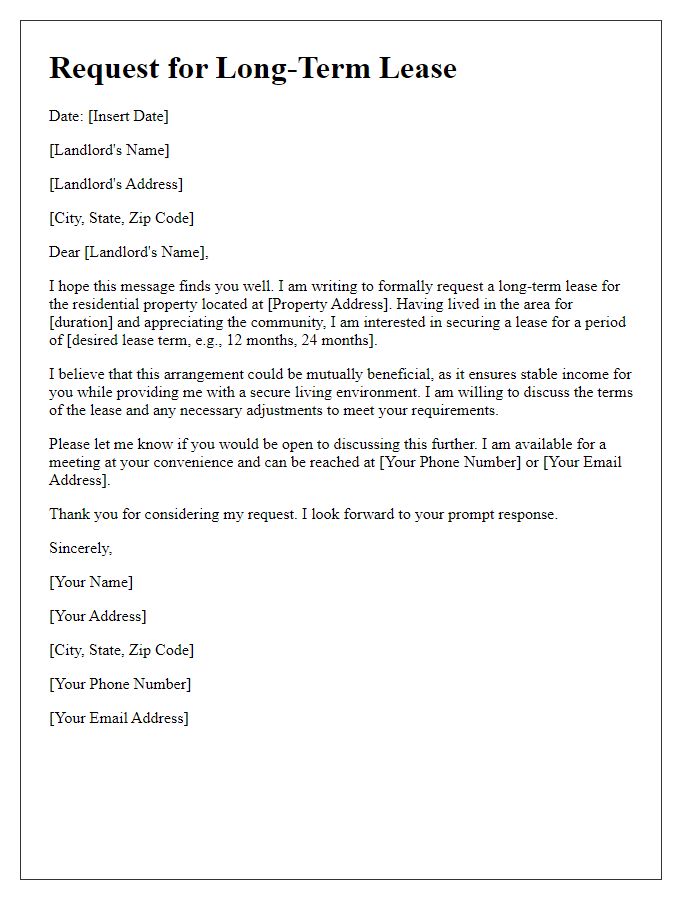
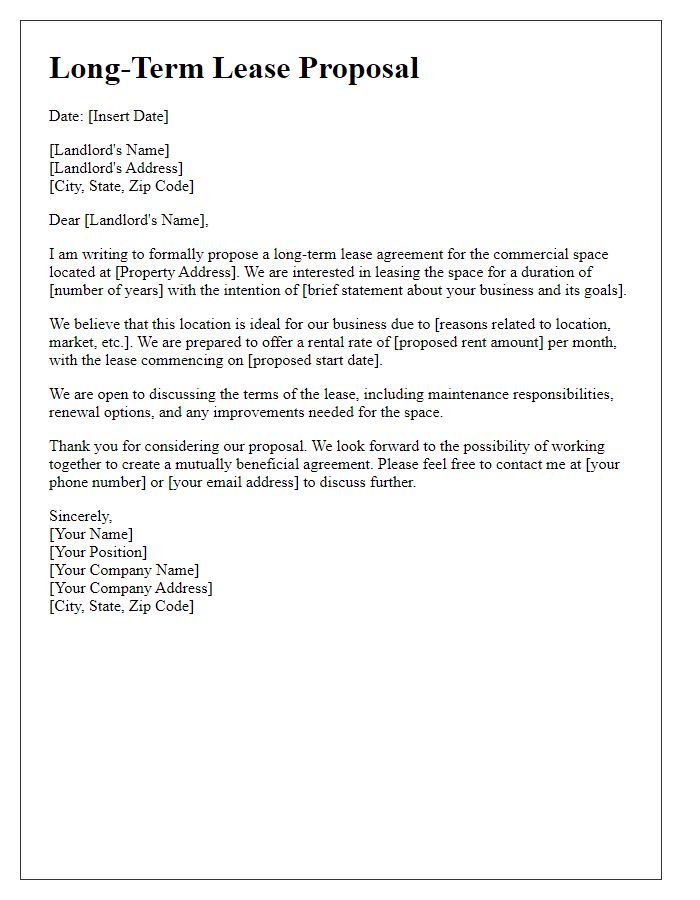
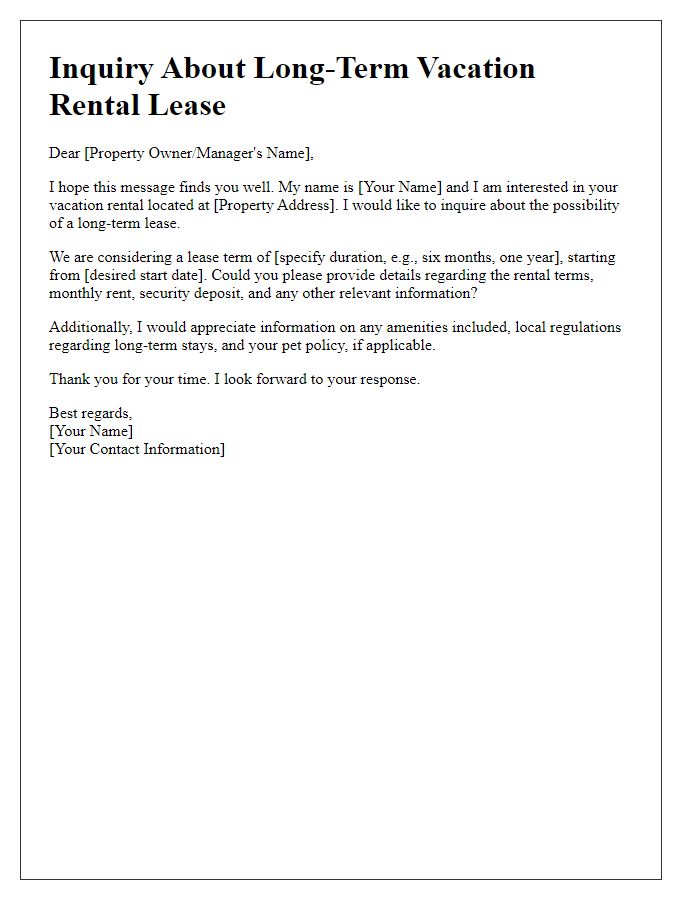
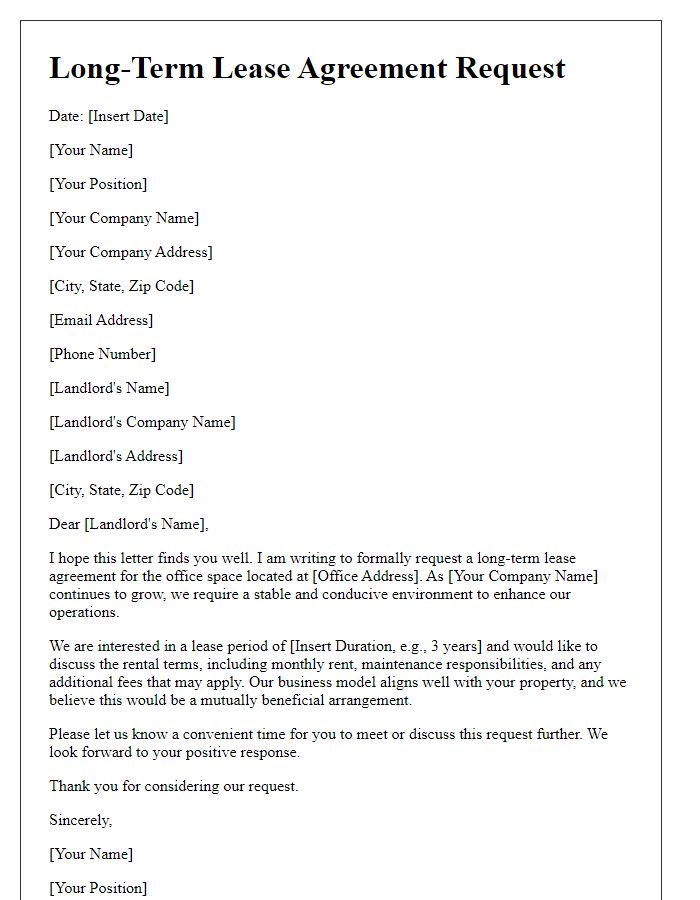
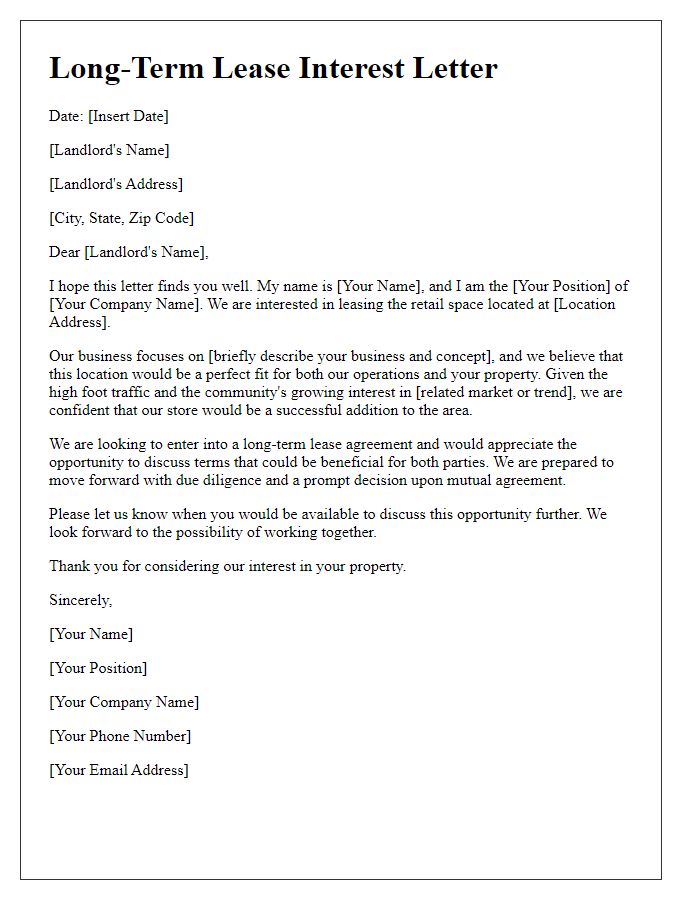
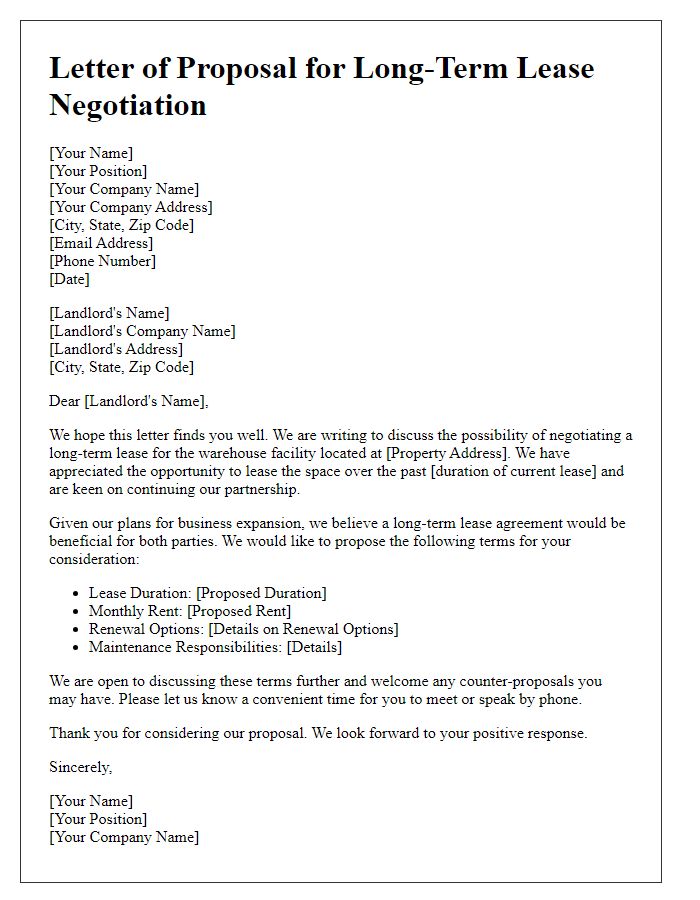
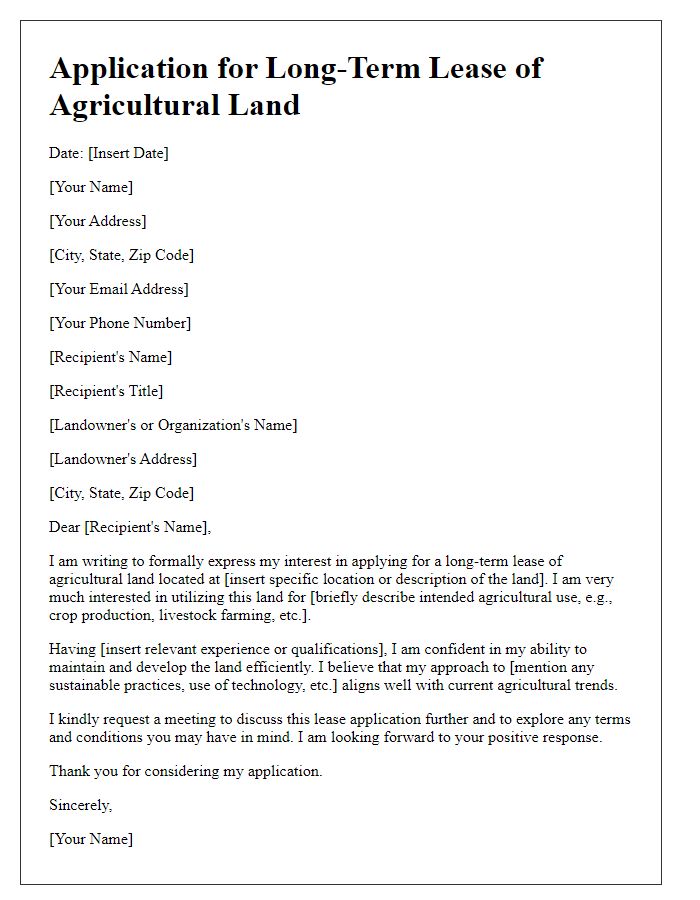
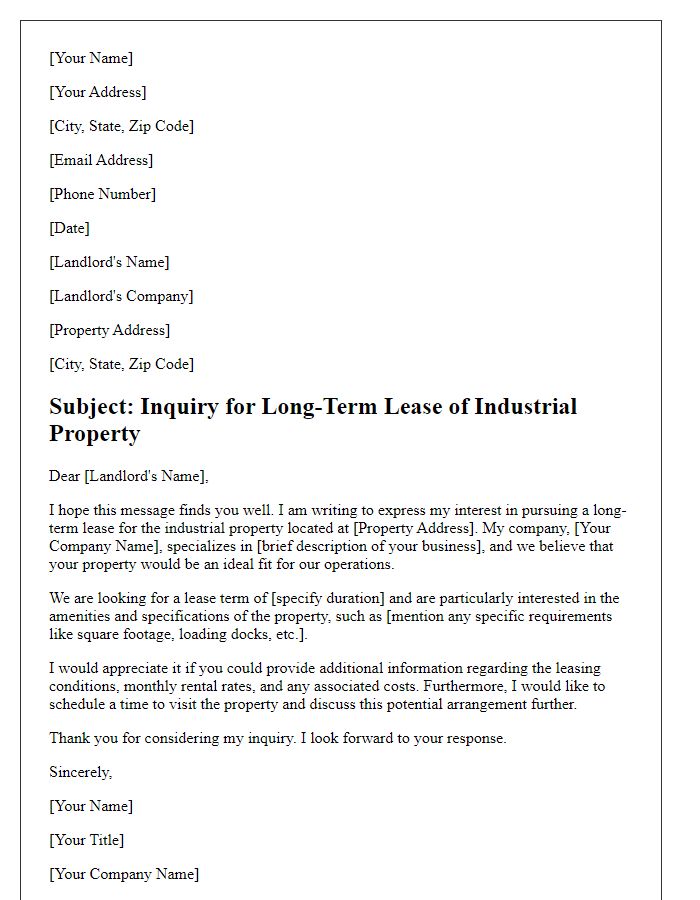
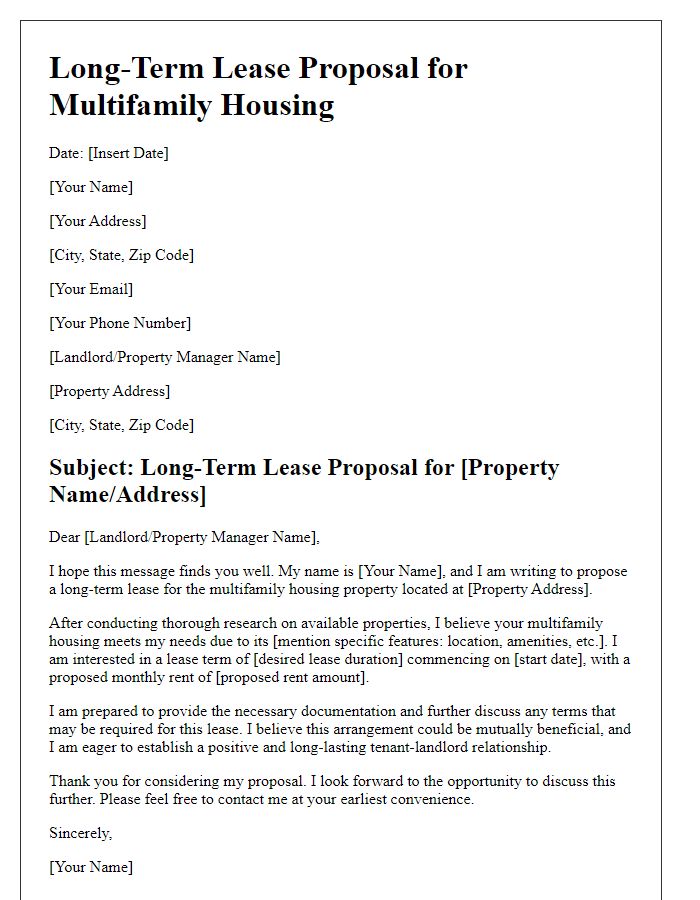
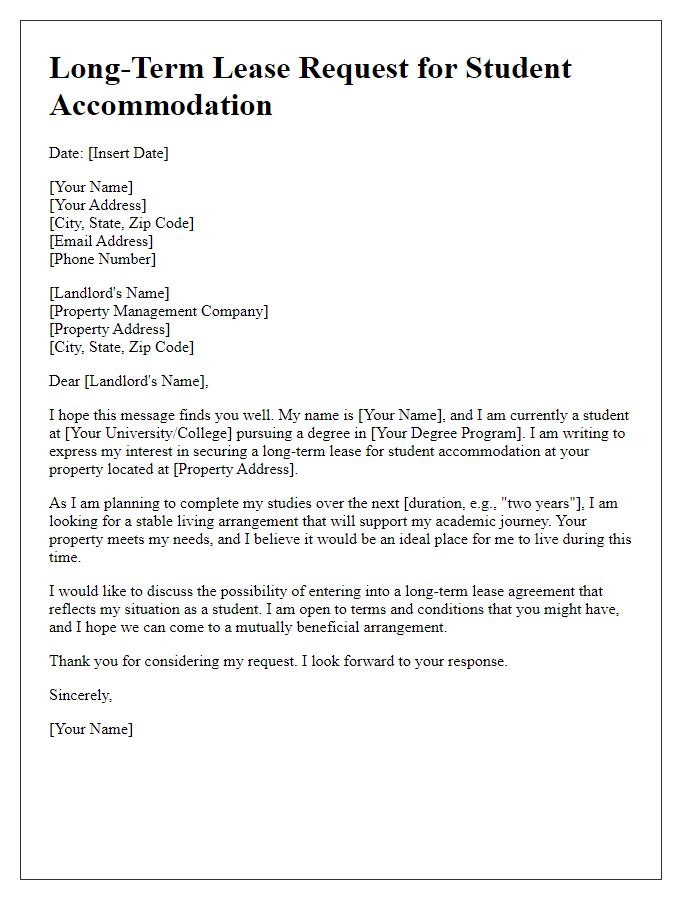


Comments